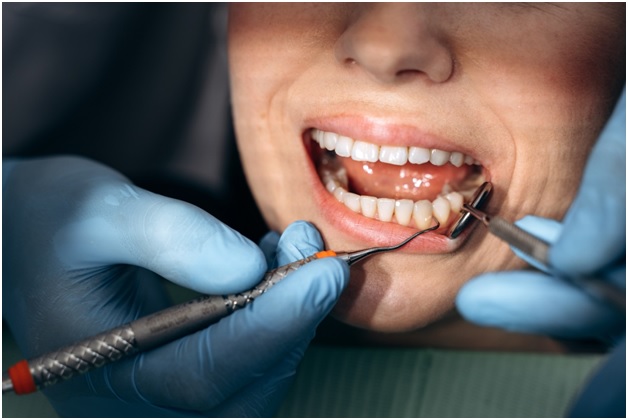Unlike other teeth, wisdom teeth grow differently in each person and may not fully emerge from the gums or only partially emerge. If there is insufficient space in the jaw for wisdom teeth or if they develop cavities that cannot be restored, a dentist may recommend surgical extraction. According to a dentist who does wisdom teeth extraction in Mississauga, wisdom teeth often do not have enough space to grow in the jaw and do not play a significant role in chewing, so removing them from the oral cavity is necessary. Therefore, wisdom tooth surgery can be useful in cases where extraction is necessary due to a lack of space or decay that cannot be restored.
The Necessity of Extracting Wisdom Teeth Promptly
It is best to have wisdom tooth surgery between the ages of 17 to 25 when the crown has fully formed and is visible in the oral cavity. After age 30, it is typically only necessary to extract wisdom teeth if they are causing pain, swelling, infection, or injury. At this age, the jawbone becomes denser, and extraction can be more difficult. However, if surgery is necessary, it should be performed by experienced dentists, as wisdom teeth are located near the sensory nerve of the face. Damages to this nerve can occur if not done carefully.
It is important to extract wisdom teeth before major mandibular surgeries and to have the condition of impacted wisdom teeth checked every two years. If an impacted wisdom tooth is causing annoyance or damage to the front teeth, it should be surgically removed. In summary, it is best to have wisdom tooth surgery at a younger age when the bone is softer and the extraction process is easier. However, monitoring the condition of impacted wisdom teeth over time is still important.
Top Benefits of Wisdom Teeth Extraction
Wisdom tooth extraction is recommended for several reasons, including gum infection, crooked teeth, damage to other teeth, and the development of tumors or cysts. When wisdom teeth do not have enough room to grow, they can cause inflammation of the gums, leading to gum infections. This is due to the space created between the teeth and gums, which is an ideal environment for bacteria to grow.
Additionally, when wisdom teeth do not have sufficient space, they can cause other teeth to become crooked and misaligned, leading to a deformed and disordered appearance. This pressure can also lead to the formation of tooth cavities.
Sometimes, the pressure from wisdom teeth can cause small cysts to form on the jawbone. If this occurs, it is important to consult an orthodontist for proper treatment.

After Care
After wisdom tooth extraction, the patient must follow certain recommendations to ensure proper healing and prevent complications. Initially, the patient should drink fluids until the effects of the anesthesia wear off and consume soft and pureed foods for a few days. It is important to avoid using a straw when drinking liquids to prevent dislodging blood clots. Cold foods and drinks can help reduce pain after surgery, and ice cream can be a good option for relief.
While it is important to continue brushing regularly, the patient should avoid brushing the teeth and the area around the extraction site for the first 24 hours to prevent dislodging blood clots. By following these recommendations, patients can help ensure proper healing and minimize discomfort after wisdom tooth extraction.

